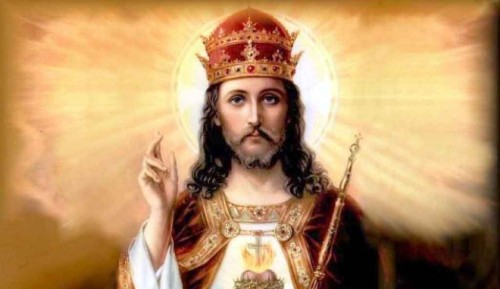
It used to bother me that so many of the stories Jesus told were about servants obeying their master. I didn’t like the unequal, hierarchical imagery. I didn’t want anyone bossing me around and treating me like a servant – not even God!
Yet it’s no accident that Jesus told stories in the way he did. The new life and reality that Jesus introduces isn’t interested in my petty preferences. The God of Abraham doesn’t ask me for my constructive criticism. He wants my devotion, my free decision to follow him despite all the risks.
Jesus is the only one who is willing to tell the truth about this. So often we want to imagine that we are free to make our own choices, serve our own causes, be who we want to be. But we’re all slaves to something, for better or worse. Each and every one of us serves something greater than themselves, even if it’s just our own addiction.
The real question of human existence is not whether to seize control and be the master. It’s already clear that we’re subordinates, servants to whatever power, ideology, or addiction that we allow to grasp us. The pressing question is who or what we will choose to serve. Will we become servants to a nation, an idea, a craving? Or will we instead choose to submit ourselves to the one true God, who outlasts all illusion and lovingly creates everything we see?
Will we choose to become like Jesus, who though he is God’s son descended farther than most of us can imagine? By taking on the form of a slave and putting himself below all people, he revealed the very heart of God. The loving power revealed in Jesus is a creator who loves us so much that he is willing to die to reveal and heal our fear, sin, and misunderstanding.
When I see his love and humility, his willingness to be brought so low for my sake, how can I choose anything but to follow in his footsteps? If God vindicated Jesus by raising him from the dead, how much more so will he lift us up when we humble ourselves and show Christ’s love to those around us?
I’ve never thought of Jesus as hierarchical – far from it! He tells us repeatedly (as did his mother in her powerful prophecy that we call the Magnificat) that all hierarchies will be turned upside down in his kingdom. The last shall be first and the master shall be servant. Surely his use of master-servant tropes in his parables is simply reflecting the hierarchical society he lived in – only to subvert it. He does indeed tell us that we are to seek to be the servant of all, rather than the master, but this in itself subverts a society in which the desired position is to be master; rather like our own, in fact…